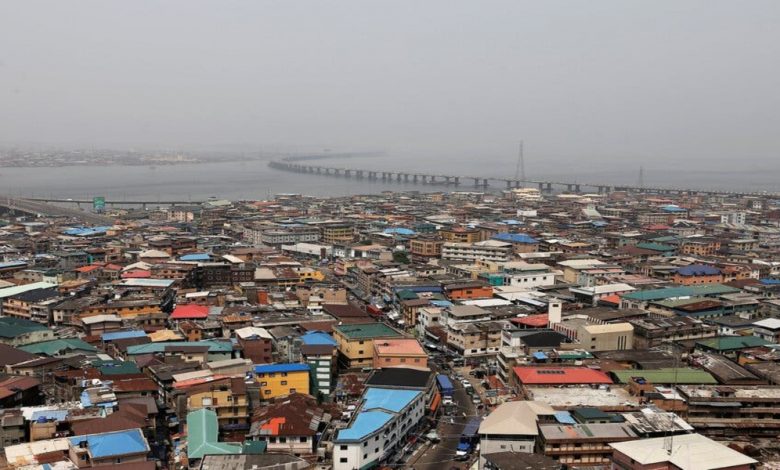
As negotiators in Glasgow strive to reach an agreement on greenhouse gas reductions, African leaders argue that poorer nations cannot be expected to overhaul their systems as rapidly as wealthier ones.
That juggling act goes to the heart of a major issue confronting African countries: Who gets to continue using fossil fuels, and for how long, throughout the transition to sustainable energy?
“When they say cut in Africa, what do they want to cut?” asked Titus Gwemende, climate director of the Open Society Foundation in Zimbabwe.
“There’s nothing to cut here. African countries are the ones on the receiving end of this problem. It’s the bigger emitters that should have the responsibility to cut,” he said. “We should be sensitive to history.”
The continent’s proven crude oil reserves reach over 100 billion barrels, with Libya and Nigeria among the top ten producers globally. Nigeria, Algeria, and Mozambique together have around 6 per cent of the world’s natural gas reserves.
However, to achieve that goal and avoid the worst climate calamities, experts say wealthy nations should financially assist poorer nations in their efforts to reduce emissions. Mr Gwemende believes wealthy countries should eventually export renewable energy technology to Africa.
The African Union has ambitions to rely mostly on renewables by 2050, although only a few countries, such as South Africa, Egypt, Ethiopia, and Morocco, currently have significant renewable capacity.
